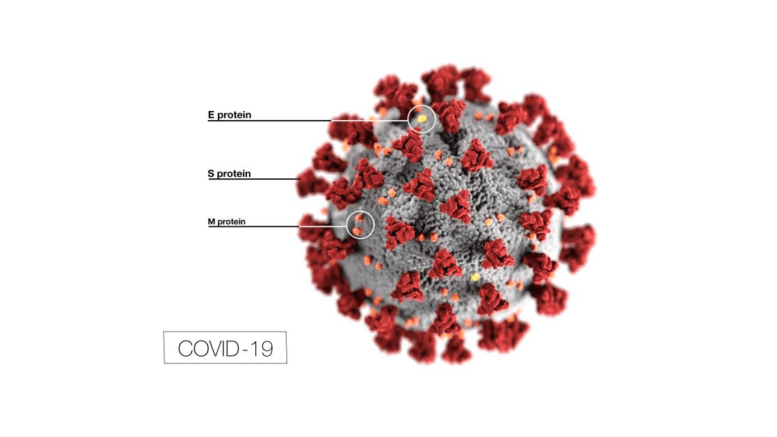The surge in the Delta variant of COVID in Cobb County continues its downward drop, although at a current 14-day case rate per 100,000 of population of 363, the county is still in the range considered high community transmission.
Dr. Janet Memark, District Health Director for Cobb & Douglas Public Health sat for a video interview with Georgia state Rep. Roger Bruce of House District 61.
Memark said that wherever the Delta variant has surfaced it seems to go through a three-month cycle “and then kind of burn itself out.”
“We are definitely on the downslope,” she said. “So that is really great. That being said, you know, we’re still in 303 cases per 100,000, which is still high transmission.” [Editor’s note: This interview was posted on Thursday. The number is currently 363]
“We’re seeing a lot of the numbers come down,” she said. “Hospitalizations in our area are coming down as well, so I know they’re all relieved to see that, and we’re seeing the percent positive of tests and finally gone below 10% … and that’s important, because it means less and less people are spreading it around and are coming back positive.”
Dr. Memark said that on October 25 the FDA would evaluate Pfizer vaccines for children 5-11 years old.
“This is going to be a much lower dose, and it’s shown to be very effective and very safe,” she said. “These medications and vaccines have been shown to be very safe. So I am looking for that because I have an 11 year old, and I can’t wait to get him vaccinated.”
Rep. Bruce said that the Georgia legislature would be going back into session in November, and asked what Dr. Memark’s recommendations would be.
“I would recommend what we recommend for everybody else as well. So you’re right, this is not over yet. And the things that prevention wise we’re asking to do that will save a lot of lives are really minor inconveniences,” she said. “So we do need to have people wearing masks, that makes a huge difference.”
She also recommended that the legislators practice social distancing.
Rep. Bruce asked what could be done about misinformation being propagated about COVID and the vaccines.
Dr. Memark said, “That is something that we’re battling every day here. It’s very difficult, because we actually have seen kind of some high level people that’s an official that are putting out some bad information that is really very risky to people’s lives.”
She said that most people would not let someone who is not a doctor treat them for diabetes or a heart condition, and that they should not let pseudoscience guide their approach to the pandemic.
